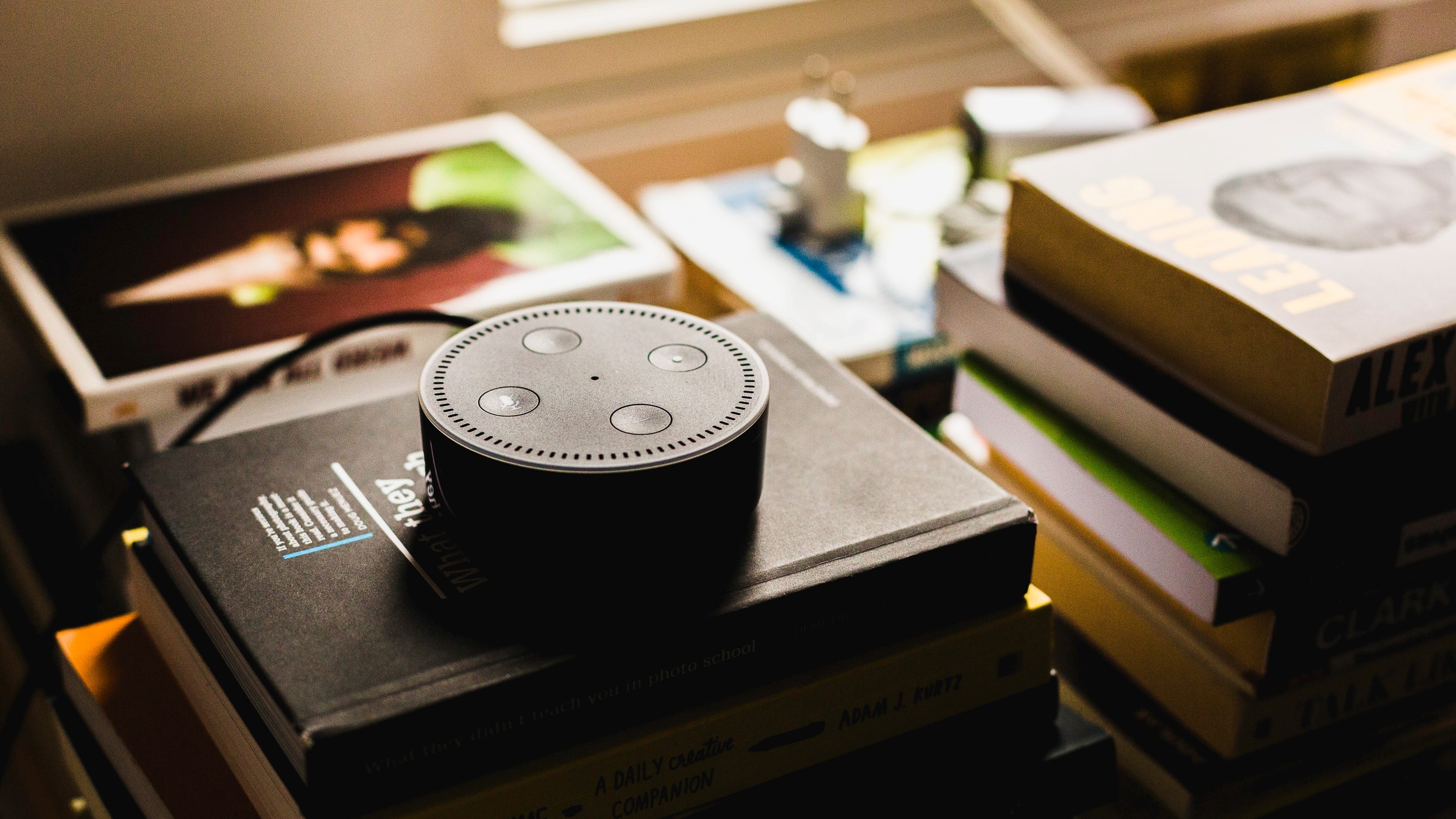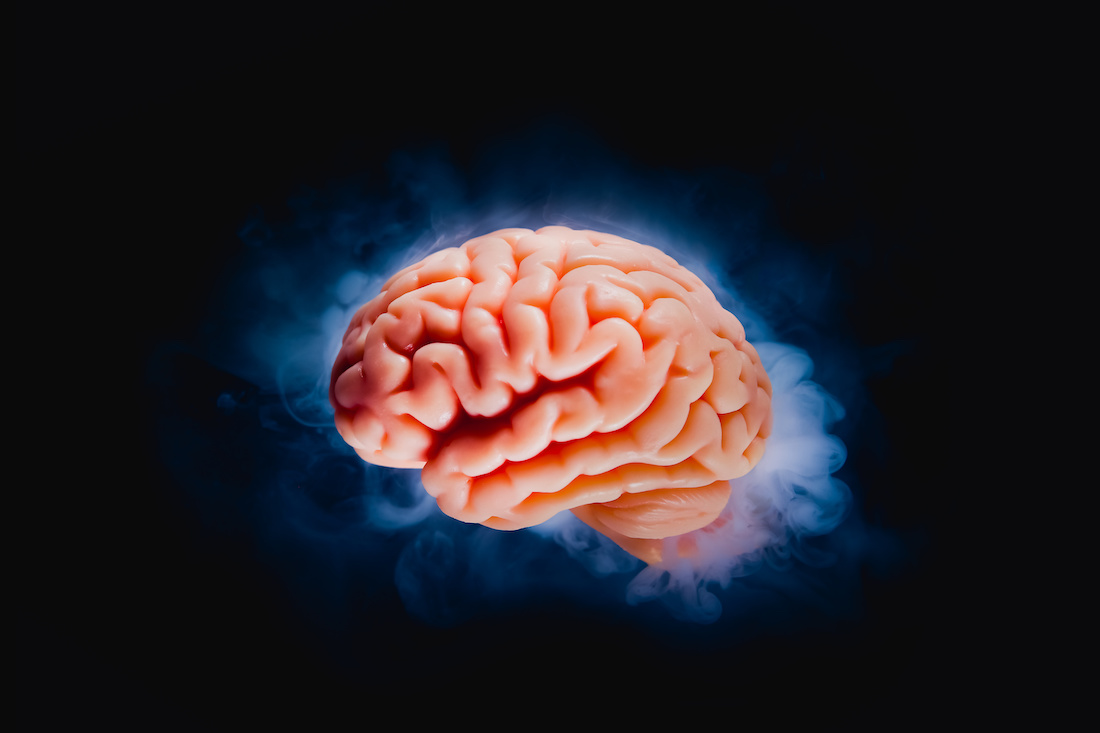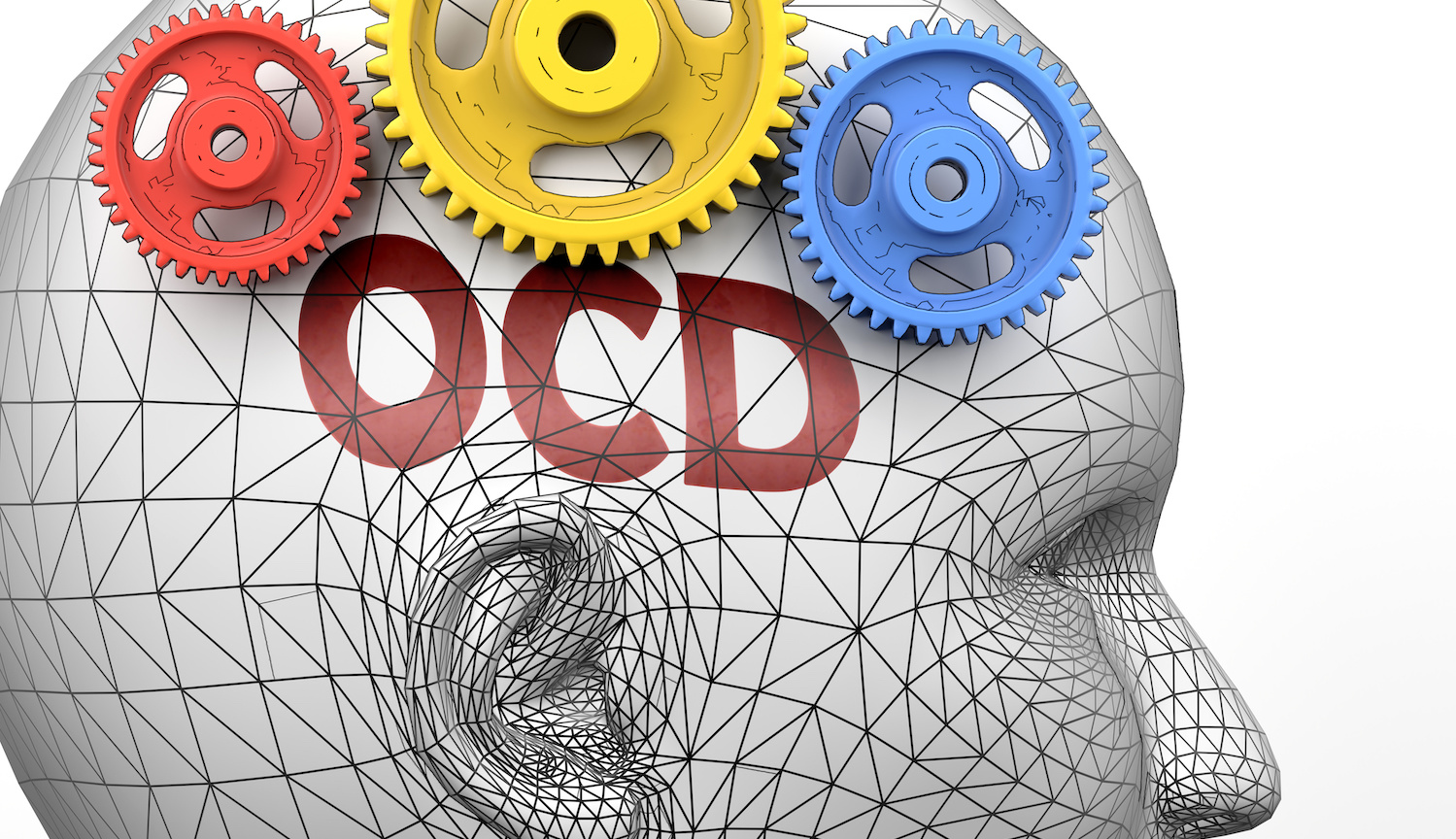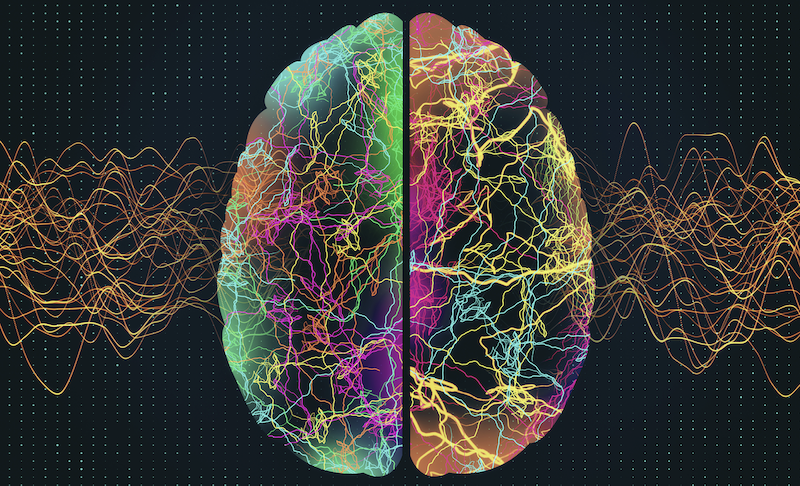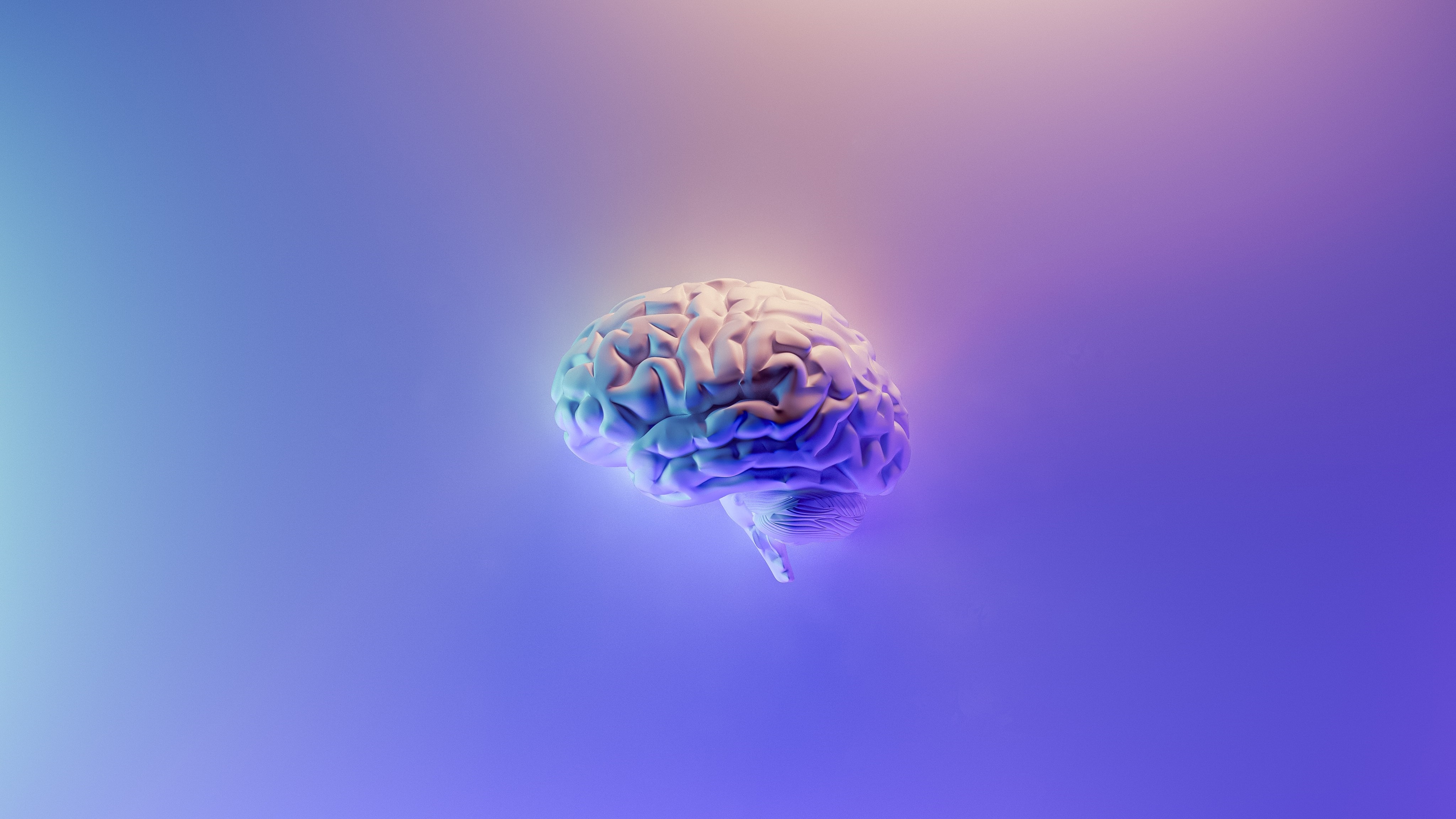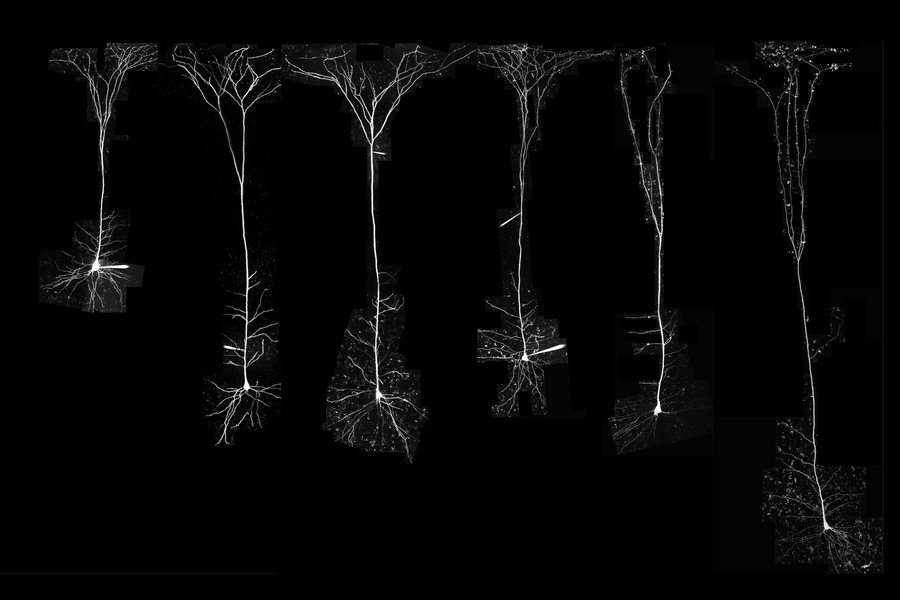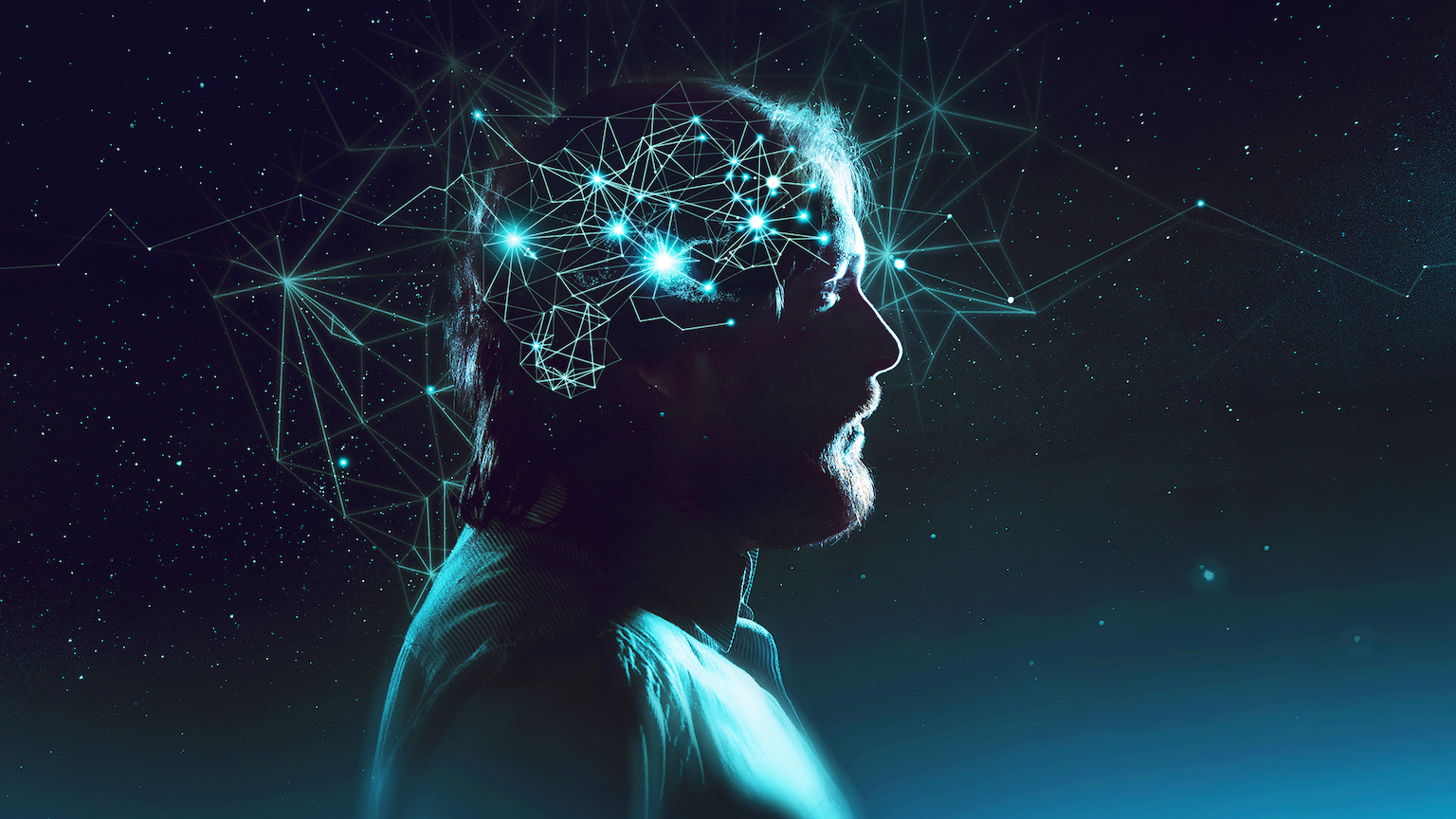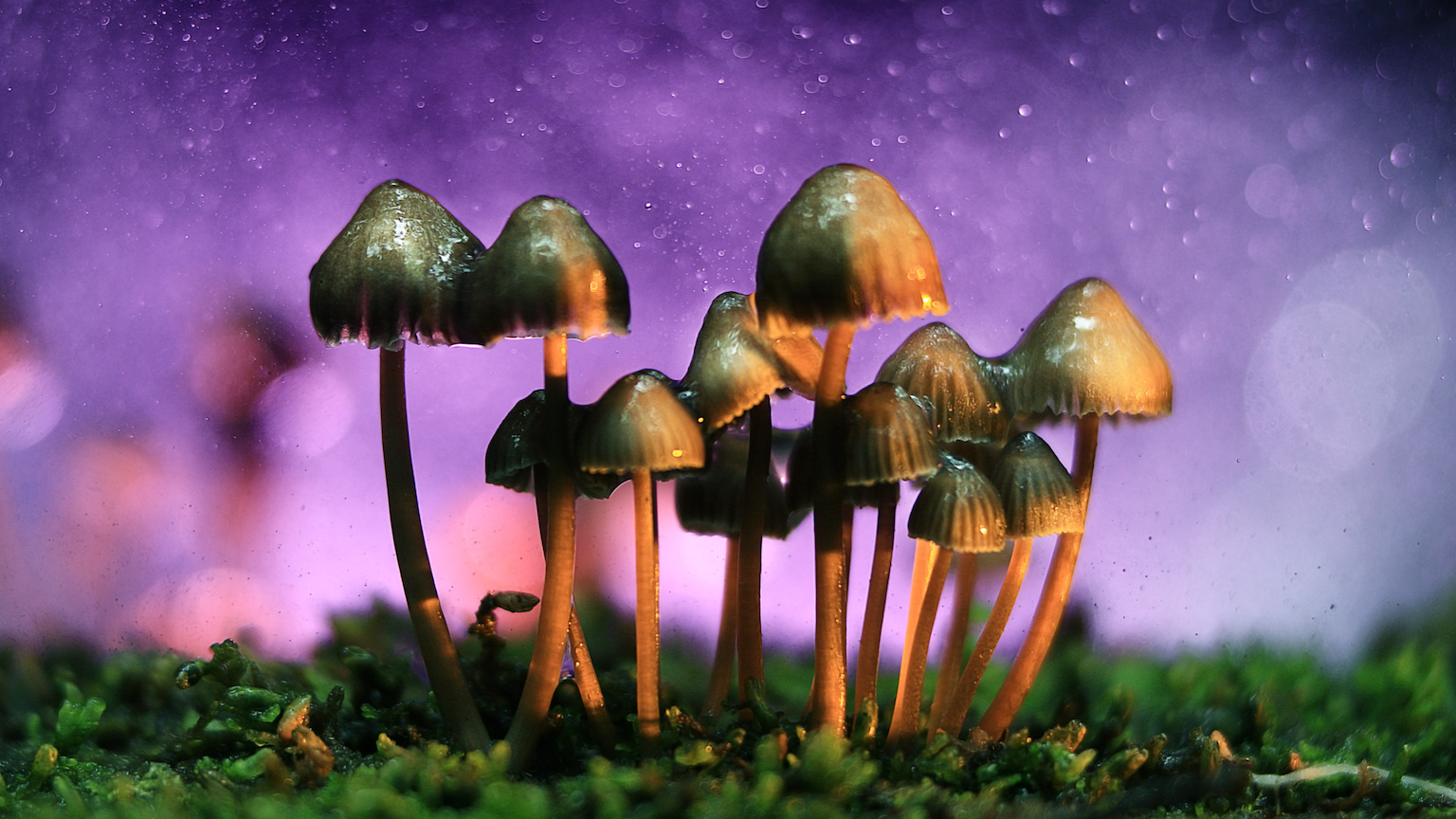neuroscience
Should we take people’s drunken behavior as evidence of their true character?
The more social behaviors a voice-user interface exhibits, the more likely people are to trust it, engage with it, and consider it to be competent.
Elephants mourn the dead, dolphins give names to each other, and insects can recognize faces. The animal world is much smarter than we think.
Neuroscience research suggests it might be time to rethink our ideas about when exactly a child becomes an adult.
Wordle activates both the language and logic parts of our brain and give us a nice boost of dopamine, whether we win or lose.
OCD and addiction may result in part from improper “reward” pathways in the brain. Ultrasound can disrupt those pathways.
Your brain is remarkably good at mapping out physical spaces — even if it’s an imaginary space like Hogwarts. But how does the brain do it?
The first personality tests revolved around assessing people’s reactions to ambiguous and often unsettling images. Today, the gold standard is a barrage of questions.
Regret isn’t just unpleasant, it’s unhealthy.
Temporal lobe epilepsy seems to rewire a part of the brain that’s key to storing memories.
Certain types of dogs seem to be more discerning than others, however.
New research suggests they may be in the connections between your brain cells.
The Virtual Metaverse will be for gaming and other short duration uses, while the Augmented Metaverse will revolutionize society.
The use of AI within mental health services could be a game-changer.
In Orwell’s dystopian novel, the government uses Newspeak to control thoughts by controlling language. But thoughts do not require language.
Undiagnosed brain disease or divine inspiration? The origins of the French composer’s most provocative composition remain up for debate.
Are some of us simple destined for unhappiness?
Research reminds us that mild cognitive impairment isn’t necessarily a prelude to dementia.
Successful constructive criticism is as much about mindset as methods.
Memory errors may actually indicate a way in which the human cognitive system is “optimal” or “rational.”
In spreading politics, videos may not be much more persuasive than their text-based counterparts.
Our brains might be flooded with the hallucinogen DMT as we die, leading to vivid dreams.
As the saying goes: “Pain is inevitable. Suffering is optional”.
The human brain makes a striking deviation from the normal building plan.
Why does hearing sad music feel so good?
Quantum mechanics + consciousness: There is nothing better than mixing two great mysteries to produce an even bigger one.
The cause of Alzheimer’s is still not fully understood, but we might be able to vaccinate against it anyway.
Scientists want to use dream hacking devices to improve your creativity and memory.
Research shows that psilocybin leads people away from materialism and toward transcendentalism. Apparently, mushrooms teach metaphysics.

